Talk Overview
In the first lecture, Dr. Bryan King introduces the autism spectrum disorder (ASD) and defines the clinical criteria that characterizes ASD. Although there is no universal drug that is used to treat ASD, there are multiple medications used in the setting of autism. King outlines the different drugs used to treat the core behavioral features of autism as well as psychiatric disorders associated with autism (e.g. ADHD and anxiety), and discusses the challenges and problems with designing clinical trials to study drugs to treat ASD, specifically with the heterogeneity of the ASD population.
In the second lecture, Dr. Matthew State overviews the hunt for genes associated with autism and explains how studying de-novo rare mutations in the germline has advanced the understanding of the genetics of autism spectrum disorder (ASD). Studying a cohort of families with one affected individual and one unaffected sibling, they were able to map multiple genes involved in ASD. Because of the complexity of the developing brain, the same gene could act upon different regions of the brain at different times during development. Therefore, after identifying genes associated with ASD, they characterized the region and time during development where these genes are expressed and more likely to have an effect that is associated with ASD.
Speaker Bio
Bryan King
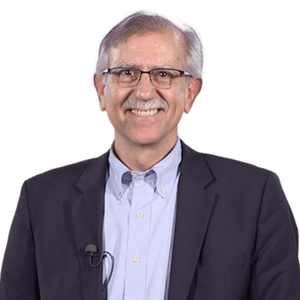
Dr. Bryan King is a professor of Child Psychiatry and Vice-Chair of Psychiatry at the University of California, San Francisco. He obtained his B.S. degree from University of California, Irvine (1979) and received his medical degree from the Medical College of Wisconsin (1983). He continued his medical training with an internship in internal medicine (1984),… Continue Reading
Matthew State
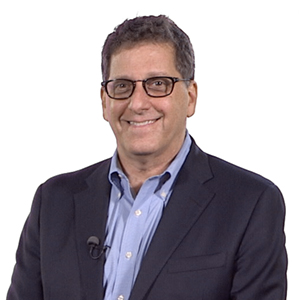
Dr. Matthew State is the Oberndorf Family Distinguished Professor and Chair of Psychiatry at the University of California, San Francisco and President of the Langley Porter Psychiatric Hospital and Clinics. He obtained his bachelor’s degree from Stanford University (1984) and received his medical degree from Stanford Medical School (1991). He continued his medical training at… Continue Reading

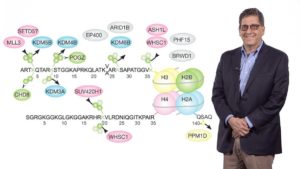
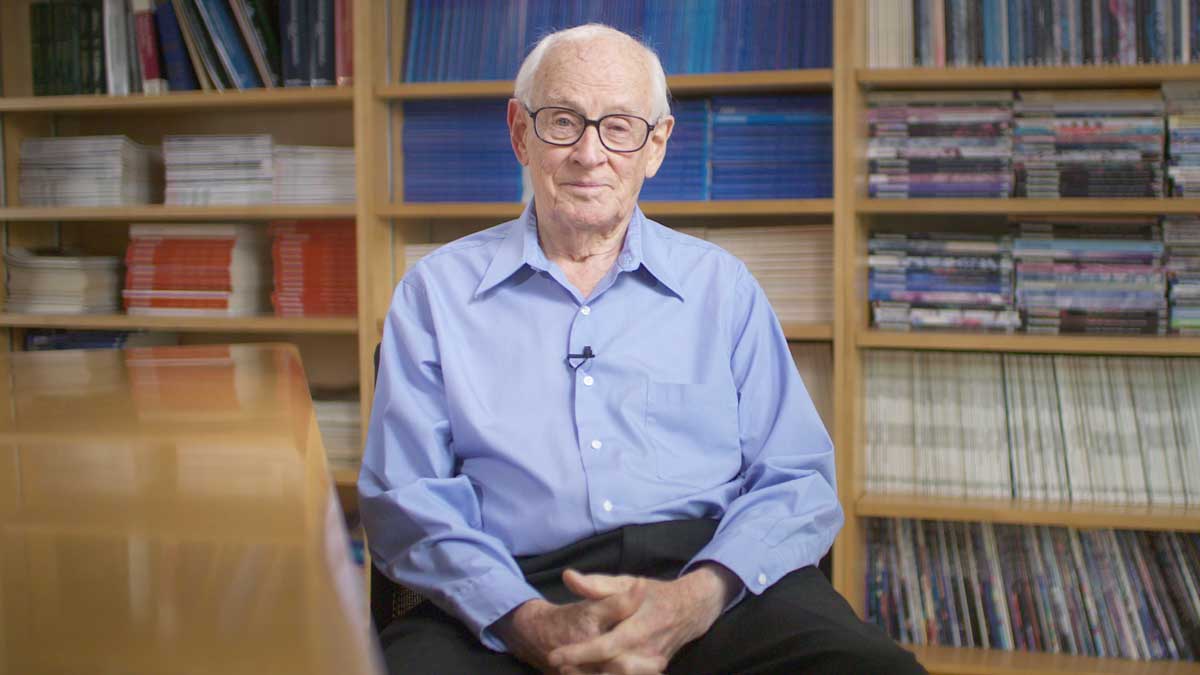
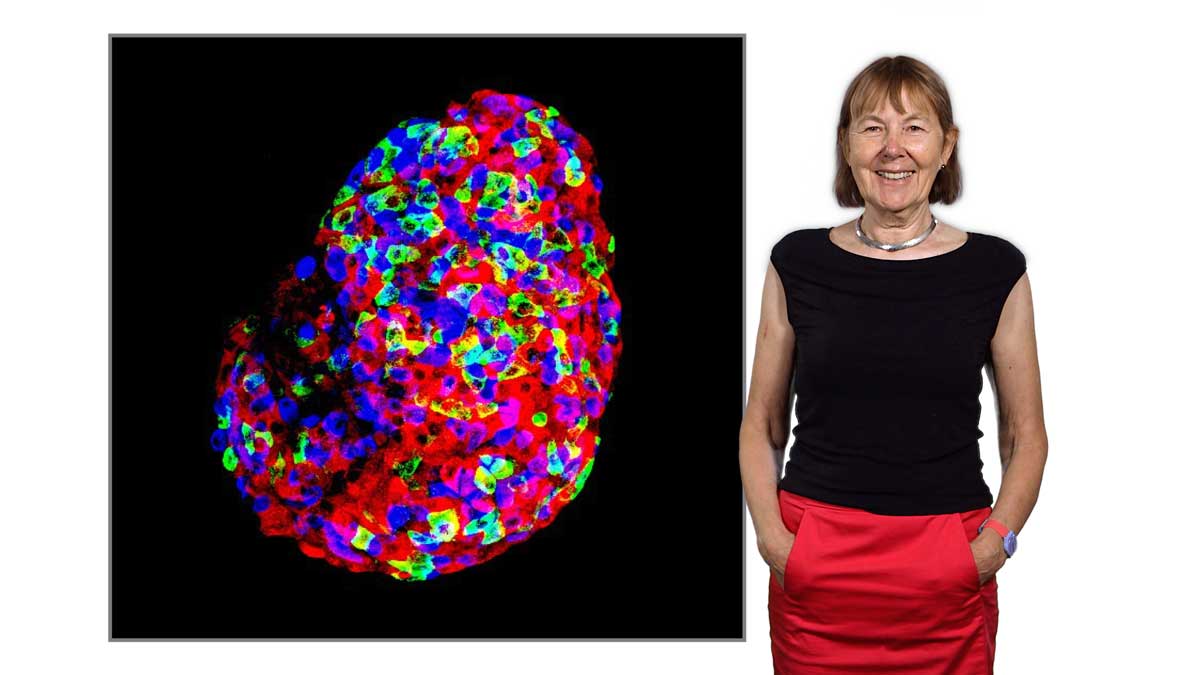
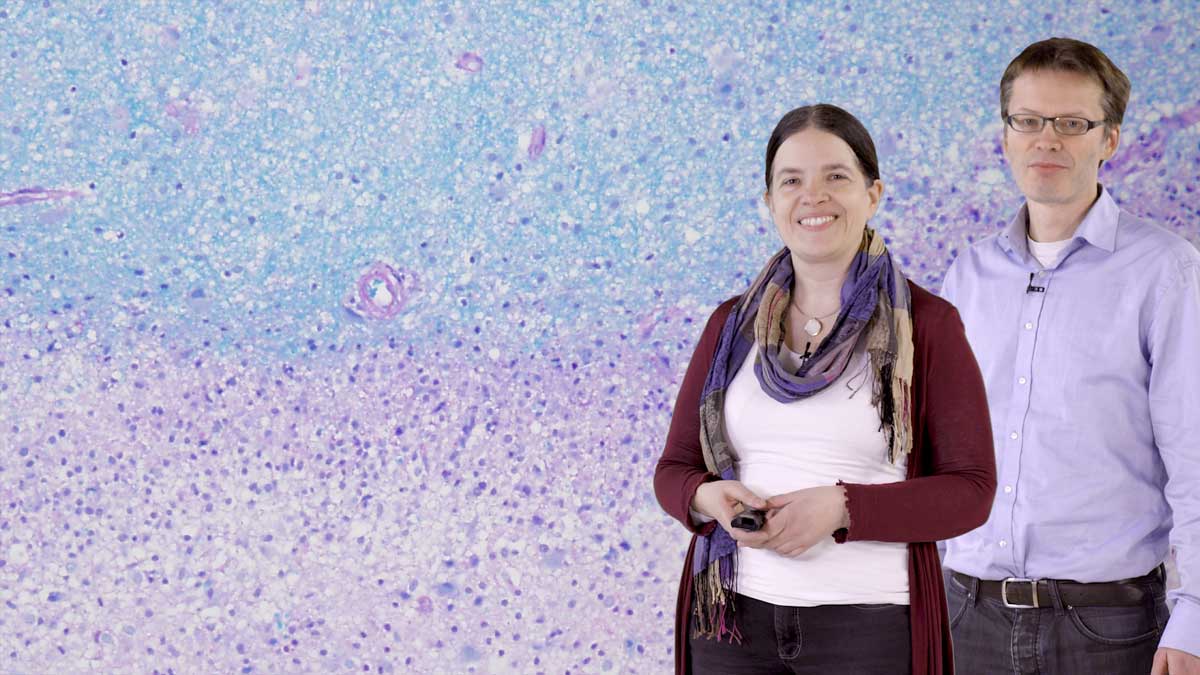
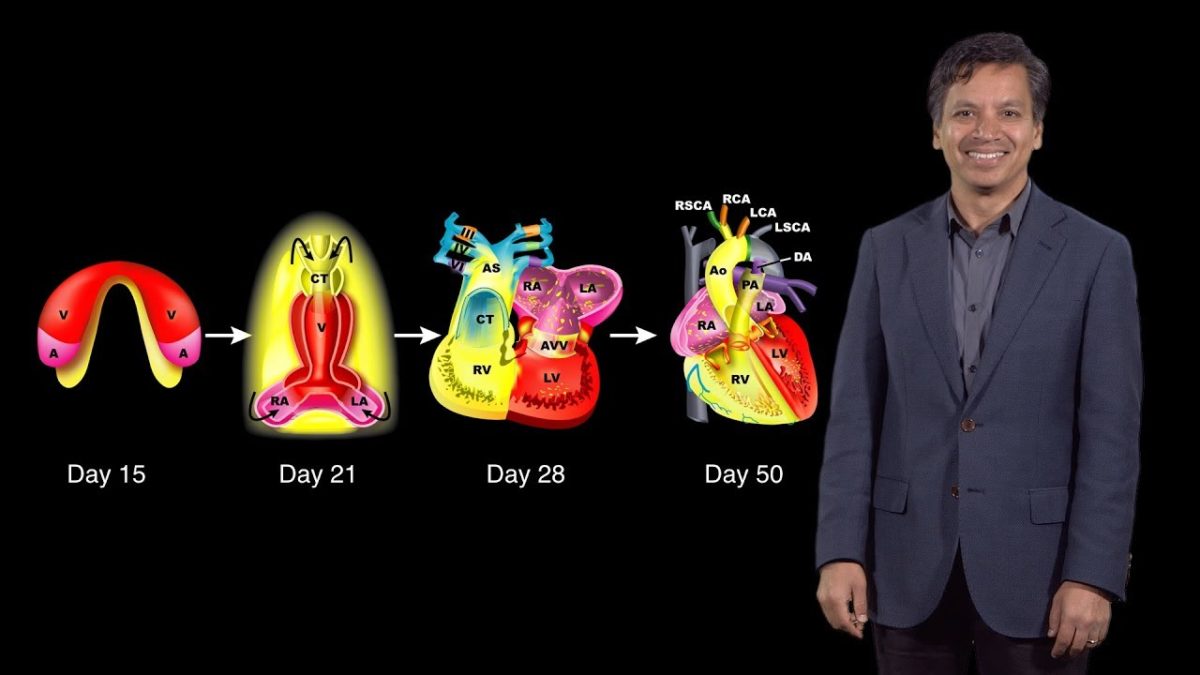





Leave a Reply